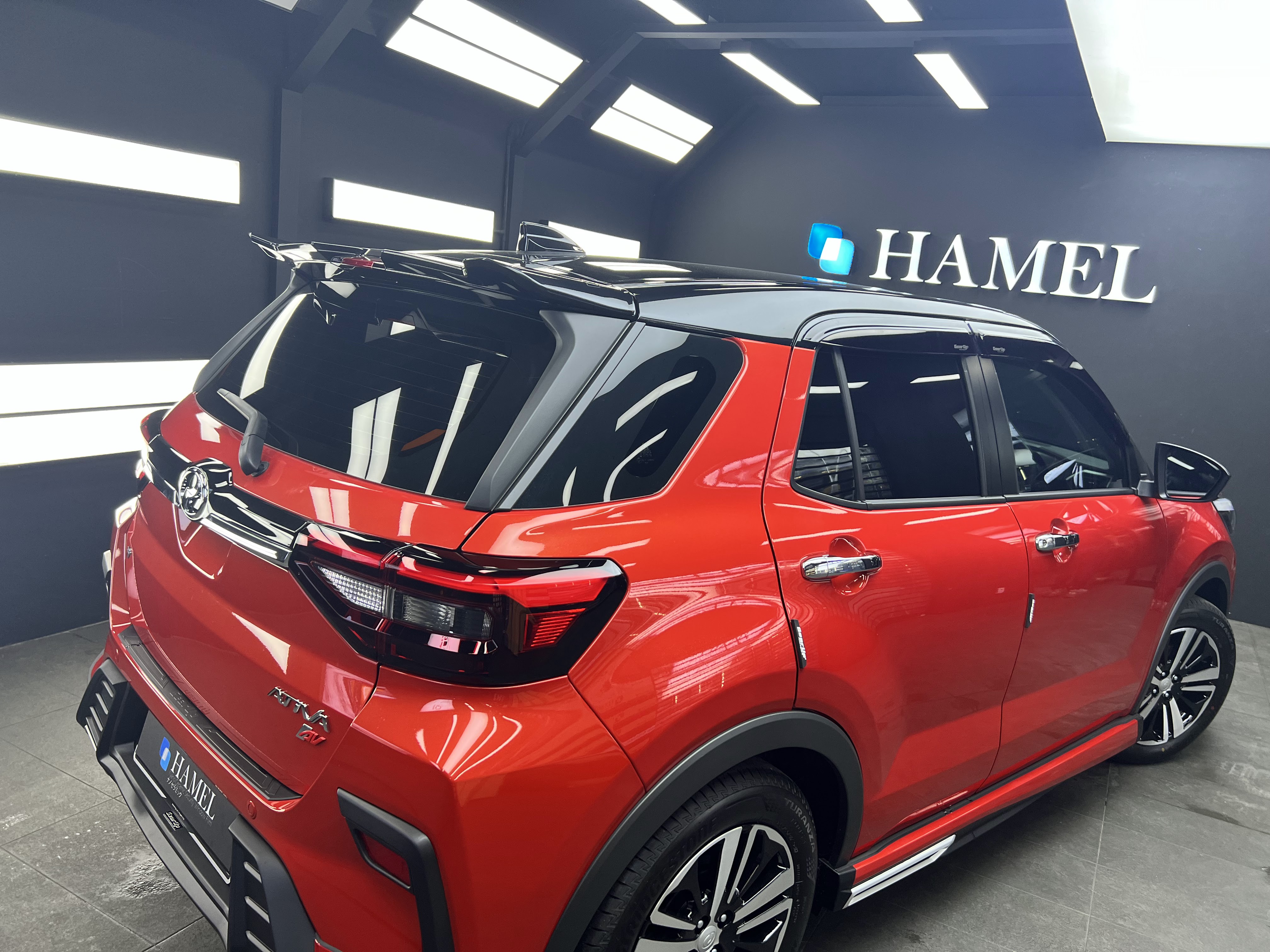Search Blog
Hit enter to search or ESC to close
Trending Now
AirAsia wins Platinum in travel category at Putra Brands Awards
- Get link
- X
- Other Apps
Touch ‘n Go Wins Super Aspiring Brand Award in the Lifestyle Category at the Shopee Super Awards 2023
- Get link
- X
- Other Apps
SMEs are encouraged to leverage digital platforms for growth opportunities during Ninja Van Malaysia’s inaugural panel discussion
Ninja Van Malaysia, a tech-enabled express logistics company, organised its first-ever panel discussion titled Meeting Modern Consumer Demands in collaboration with Signature Market, EasyStore, and PayRecon. The session highlighted the current e-commerce trends and aimed to provide a holistic take on solutions and strategies that enable Small and Medium-Sized Enterprises (SMEs) to grow in the digital marketplace.
According to The E-commerce Southeast Asia (SEA) Barometer Report, a study conducted by Ninja Van Group and DPDgroup, online shopping provides consumers with a broader range of brands to choose from and the convenience of making their purchases remotely, with 94% of online consumers in Malaysia already shopping across Asia[1].
The study also revealed that customers rely on online reviews to assist in their purchasing decision. In Malaysia alone, 93% of consumers share their online feedback on a purchased product while 83% choose brands based on social media influencers. This consumer behaviour is a strong signal for online retailers to expand their business globally and digitally to attract a more extensive customer base.
Fariz Maswan, Head of Sales and Partnerships at Ninja Van Malaysia, says, “SMEs must leverage digitalisation to increase efficiency, streamline processes, and adapt to changing consumer behaviour more quickly. When it comes to online shopping, consumers expect a seamless experience. Therefore, supply chain companies play a key part in delivering hassle-free services. At Ninja Van Malaysia, we are committed to enhancing our products and services to help SMEs succeed. Our goal is to enable the growth of SMEs by providing comprehensive logistics solutions that allow them to meet their consumers’ needs and demands.”
One such solution is the "Fantastic Service Recovery" initiative, a new ecosystem of cloud products and processes to efficiently resolve parcel-related issues. It reinforces the company's commitment to providing hassle-free deliveries to all its users. One feature – the NinjaChat, is an AI-powered social messaging system that allows shippers to manage customer orders and monitor deliveries directly on multiple social media platforms.
During the panel discussion, all participants shared a similar viewpoint that digitalisation allows SMEs to scale consistently to meet growing consumer demand and that every industry player has a role to play. According to Sean Chew, Founder and CEO at PayRecon, they have observed a steady growth of social sellers on TikTok Shop. With the rise in cross-border selling, they will continue to develop end-to-end software solutions to help sellers scale and run their businesses more efficiently.
Ninja Van Malaysia, a tech-enabled express logistics company, organised its first-ever panel discussion titled Meeting Modern Consumer Demands in collaboration with Signature Market, EasyStore, and PayRecon. The session highlighted the current e-commerce trends and aimed to provide a holistic take on solutions and strategies that enable Small and Medium-Sized Enterprises (SMEs) to grow in the digital marketplace.
According to The E-commerce Southeast Asia (SEA) Barometer Report, a study conducted by Ninja Van Group and DPDgroup, online shopping provides consumers with a broader range of brands to choose from and the convenience of making their purchases remotely, with 94% of online consumers in Malaysia already shopping across Asia[1].
The study also revealed that customers rely on online reviews to assist in their purchasing decision. In Malaysia alone, 93% of consumers share their online feedback on a purchased product while 83% choose brands based on social media influencers. This consumer behaviour is a strong signal for online retailers to expand their business globally and digitally to attract a more extensive customer base.
Fariz Maswan, Head of Sales and Partnerships at Ninja Van Malaysia, says, “SMEs must leverage digitalisation to increase efficiency, streamline processes, and adapt to changing consumer behaviour more quickly. When it comes to online shopping, consumers expect a seamless experience. Therefore, supply chain companies play a key part in delivering hassle-free services. At Ninja Van Malaysia, we are committed to enhancing our products and services to help SMEs succeed. Our goal is to enable the growth of SMEs by providing comprehensive logistics solutions that allow them to meet their consumers’ needs and demands.”
One such solution is the "Fantastic Service Recovery" initiative, a new ecosystem of cloud products and processes to efficiently resolve parcel-related issues. It reinforces the company's commitment to providing hassle-free deliveries to all its users. One feature – the NinjaChat, is an AI-powered social messaging system that allows shippers to manage customer orders and monitor deliveries directly on multiple social media platforms.
During the panel discussion, all participants shared a similar viewpoint that digitalisation allows SMEs to scale consistently to meet growing consumer demand and that every industry player has a role to play. According to Sean Chew, Founder and CEO at PayRecon, they have observed a steady growth of social sellers on TikTok Shop. With the rise in cross-border selling, they will continue to develop end-to-end software solutions to help sellers scale and run their businesses more efficiently.
With its dominance in Southeast Asian e-commerce logistics, Ninja Van continues to empower businesses with innovative logistics solutions. Logistics+ by Ninja Van is a suite of supply chain management solutions for SMEs in Southeast Asia. It helps SMEs navigate the complex and ever-changing networks of suppliers, manufacturing partners, transportation providers, and financial service providers. This enables SMEs to focus on their businesses growth and empowers them to reimagine their growth potential.
30,000 SMEs in SEA are now benefiting from Logisitcs+ – part of the USD100 million Ninja Van committed to developing logistics and its accompanying supply chain management products and services.
[1] The E-commerce Southeast Asia (SEA) Barometer Report covers six markets - Indonesia, Malaysia, Philippines, Singapore, Thailand and Vietnam
You May Also Like
Affordable, Simple, and Accessible: DearTime Launches as Malaysia’s First Life Insurer in the BNM Sandbox
- Get link
- X
- Other Apps
Onboarding Suppliers to Accelerate Responsible Supply Chain Management
- Get link
- X
- Other Apps











